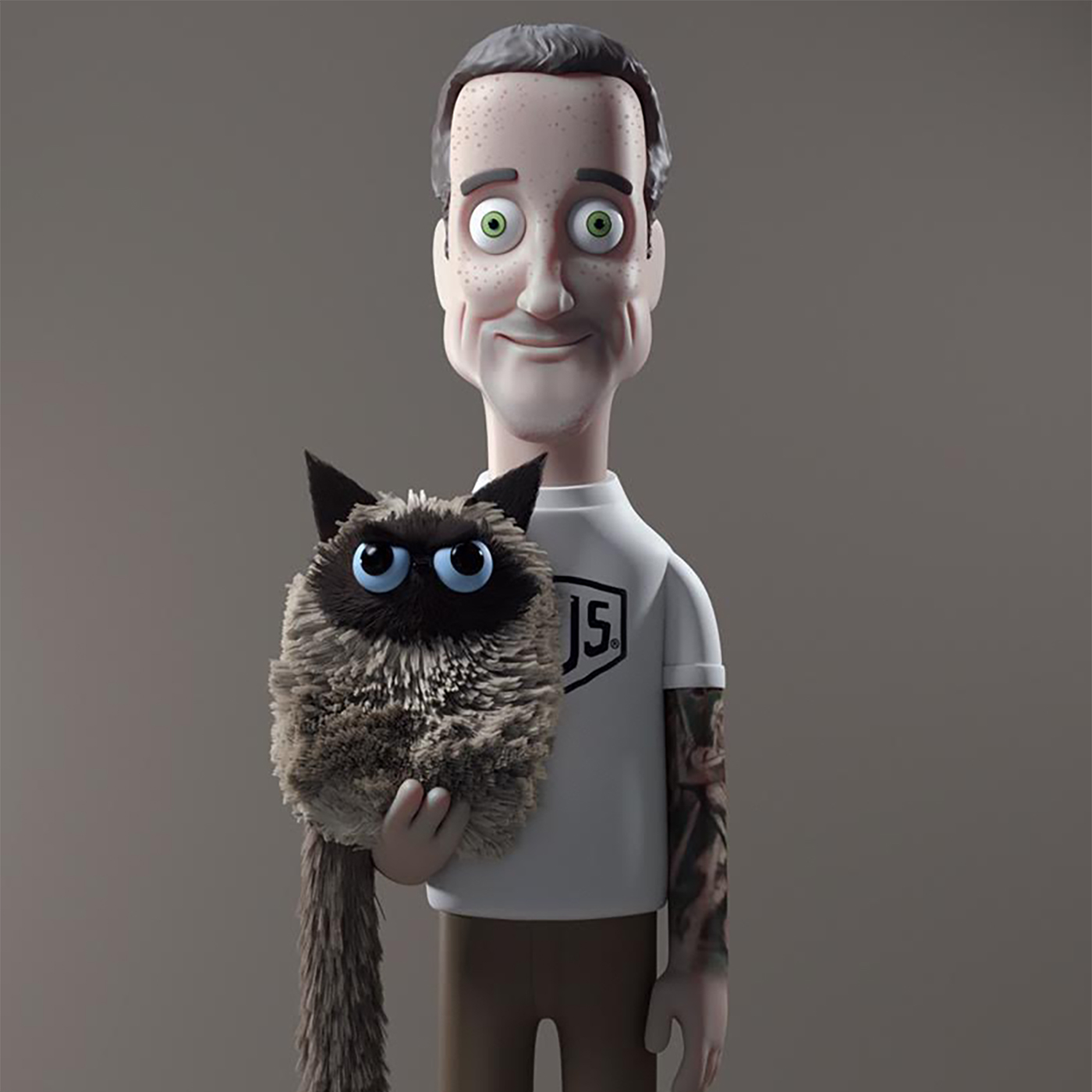Category: Uncategorized
Player give me some brew an I might just chill, but I’m the type that like to light another joint like Cypress Hill. I’m steal doobies, spit loogies when I puff on the weekend.
The past and future of punctuation.
Fiction writing in a time of Climate Crisis.
Vonnegut on the shapes of stories:
Le Tour De Pants:
Where the destination reached was the East Detention, where they whipped down me pants and looked up me bottom. So Informer, you know say Daddy me Snow me, I go blame a licky boom-boom down. ‘Tective man says see Daddy me Snow me stabbed someone down the weekend.
Rock Gods’ packages in tight trousers: a study (thanks, J).
They’ve worked out how to end traffic jams.
Mountain biking I’d rather not do.
Collecting old Nintendo games that haven’t been played and selling them for $12,000 is a thing.
Find out lots of fascinating things about ad industry salaries etc.
ITIAPTWC Episode 59 – Jean-Louis Rawlence

Jean-Louis is the Chief Strategy Officer of The Concept Bureau. (Slight aside: I wonder why job titles are sounding increasingly military.)
I asked him on the pod because ‘strategist’ is becoming a very common word in advertising-adjacent job titles. Jean-Louis is a Brand Strategist, so what does that mean, and what is a Creative Strategist, and where do their jobs cross over with that of, say, a comms planner? What do these very smart people do all day, and how does it relate to what you do all day?
We talk about all that and much more, and if you want to know about my Butterfinger Theory, and how it relates to 2020 branding, have a listen.
Here’s the iTunes link, the Soundcloud link, and the thing where you just press play on this page:
Mr.Wendal has freedom, a free that you and I think is dumb. Free to be without the worries of a quick to diss the weekend.
Return of the Mack (there it is). Return of the Mack (come on). Return of the Mack (oh my God). You know that I’ll be back (here I am). Return of the Mack (once again). Return of the Mack (top of the world). Return of the Mack (watch my flow). You know that I’ll be the weekend.
Newish things that haven’t made advertising better, part 9: certainty.

This one isn’t as cut and dried as open plan offices or digital blah blah blah. But its pervasive insidiousness is what make it a worthy subject in this hall of shame.
The overall argument here is that in leaning towards predictable, controllable solidity, we’ve inadvertently ripped the heart and soul out of what made advertising something we all used to love quite a lot more than we do now.
In the 90s (and before), we understood that as a subjective art, rather than an objective science, advertising was not a discipline that could follow a certain set of rules to produce an entirely expected outcome. Sure, a better team/agency/client was more likely to produce better work, but I could give you dozens of examples of an unfancied brief from an unfashionable agency that turned up gold, and a dream team inexplicably shitting the bed. Just as prime Scorsese and De Niro produced the underwhelming New York New York, Adam Sandler is currently wowing the cinematic cognoscenti with Uncut Gems.
But that unpredictability equates to a version of ‘waste’. If you’re holding the purse strings and you want to make sure your cash is being used in its most efficient manner, you might want to lock down as many variables as possible, ideally until they become non-variables.
Where once we had a dominance of media that hit some of the target market, along with some other people who might be in your target market, we now have precision delivery that hits nobody other than the definitely (potentially) interested (although I have to say how strange I find it that I am so rarely offered up online ads for things I’m interested in). The certainty of the targeting is replacing the shocking waste of people who drive past a billboard but don’t want what it’s selling.
So where’s the downside? Surely aiming at a target with a rifle is better than doing so with a shotgun. Kind of. On one side the precision prevents waste, but one the other side, nothing gets to be famous. No famous brand has been built on digital alone. That might be because digital advertising is generally very poor, but it’s also because it gives no sense of a shared experience, and without that you can’t affect culture; no affected culture, no fame.
And that’s aside from the price we’ve paid for the data collection necessary to find people so accurately. You’re probably aware of the fraud and lies attendant to the ‘success’ of the digital advertising scene, but for a more complete picture, simply read everything The Ad Contrarian has ever written. Certainty of targeting has cost us dear: the quality of the work, the possibility of advertising moving and leading the cultural conversation, the likeability of what we do, and the massive exploitation of ad budgets for widespread harm.
Another form of corrosive certainty is the way in which measurable quantity has taken supremacy from subjective quality. For example, most agencies like clients to think that they’ve received a lot of work for the fee they’ve paid. It shows that the agency has offered value for money, and it’s something they can point to to show their superiority over anyone who might try to wrest the account from their desperate mitts.
This now means that 20 mediocre ads currently trumps three brilliant ones. That the offering must take in every single one of the promised 360-degrees. That the presented campaign must demonstrate what will run in year three.
This demonstration of devotion is now the default choice because it offers a greater degree of financial certainty. Are those three brilliant ideas actually brilliant? No one knows anymore because the expensive creatives who were able to produce and assess them have been deemed surplus to requirements. The reduction in salaries that happened after they left was a certainty that could be measured and not contested. Now no one has to debate whether or not Playstation Mountain was 9.3 or 9.7 out of 10. Instead we are selecting from the 3s and 4s bucket, and no one really knows or cares which of those choices is least underwhelming. We just know they were certainly less expensive because they were produced by the three cheaper, younger, worse teams that replaced the former superstars.
Money, number of executions, number of channels: three things that bring oodles of certainty, but at the price of (cut and paste from above) the quality of the work, the possibility of advertising moving and leading the cultural conversation, and the likeability of what we do. Oh, and I forgot to add the chance of attracting the most creative people out there, who now prefer the larger pay packets and more interesting opportunities of video games, apps and tech unicornism.
You can see the greater love of certainty all over the place: endless strategy documents that point to actual numbers explaining why one decision is certainly better than another; constant Slack and email updates for certainty that everyone is ‘looped in’, even though that ‘looping in’ takes up a massive chunk of time that could otherwise be used for improving the work; decks and decks and decks to make sure every base is certainly covered, albeit in the employment of 35 slides of dreary shite; Google Docs that can been seen and updated by everyone, so the whole ‘team’ can be certain the work isn’t getting too edgy, and the junior planner can be certain the work ‘evolution’ has found its way from the brief to the endline; holding companies engineering pitches between their own agencies so they can be certain of retaining accounts; and ad agencies pretending they’re sound studios, branding agencies, marketing agencies and many more, just so they can be certain of making back some of the money GoogleBook has taken from them.
When agencies had swagger, when they produced enough great stuff to be forgiven the odd slip, when the point of ads was fame and enjoyment, when the CFO wasn’t the most important person in the agency, when we didn’t have to spy on every poor sod on the planet (including ourselves, naturally) to make sure we could flog one more can of beans, when brilliant maverick creatives made us all proud to work in advertising, when we didn’t have to be so darn certain about everything…
Things were certainly better.
Last Christmas I gave you my heart, but the very next day you gave it away. This year, to save me from tears, I’ll give it to the weekend.
A conversation with Werner Herzog.
Hilarious/depressing hiring ad faux pas.
Every sample from 3 Feet High and Rising (thanks, A).
Some excellent insults here.
Animator and cartoonist draw Marvel characters from memory (thanks, L).
To have it all, to have it all, to have it all, and still want more. One thing’s for sure, one thing’s for sure, one thing’s for sure, we’re all getting older. So we take a lover, so we take a lover, so we take a lover, waitin’ in the corner. And before you know it, before you know it, before you know we’re pushing up the weekend.
The horse was lean and lank, misfortune seemed his lot. We ran into a drifted bank And there we got upsot. “Upsot”? Jingle bells, jingle bells Jingle all the weekend.
Archives
